Libraries: NumPy, Pandas, Matplotlib, Seaborn In Data Science
4.9 out of 5 based on 4755 votesLast updated on 16th Aug 2024 7.5K Views
- Bookmark

Explore Data Science with key Python libraries: NumPy for numerical computing, Pandas for data manipulation, Matplotlib & Seaborn for powerful data visualization.
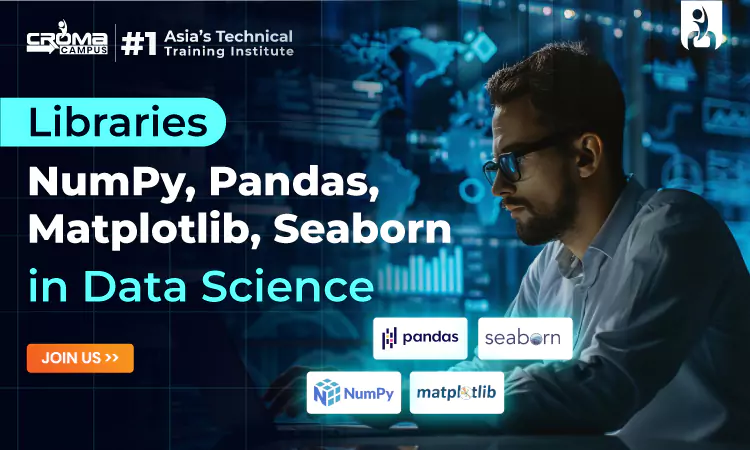
In the field of data science, several
powerful libraries are indispensable for data manipulation, analysis, and
visualization. Among these, NumPy, Pandas, Matplotlib, and Seaborn stand out as
essential tools that every data scientist should master.
This blog will provide an overview of
these libraries, their key features, and their applications in data science.
Additionally, we will highlight the benefits of enrolling in a Data
Science Online Course to deepen your understanding and skills.
NumPy
Overview
NumPy (Numerical Python) is the
fundamental package for scientific computing in Python. It provides support for
large, multi-dimensional arrays and matrices, along with a collection of
mathematical functions to operate on these arrays efficiently.
Key Features
- Array Object: The core feature of NumPy is
its powerful N-dimensional array object (ndarray), which allows for fast
array operations.
- Mathematical Functions: Provides a wide range of
mathematical functions for array operations, such as trigonometric,
statistical, and algebraic routines.
- Broadcasting: Supports broadcasting, which
allows arithmetic operations on arrays of different shapes.
- Integration with Other Libraries: Works seamlessly
with other scientific computing libraries like Pandas and Matplotlib.
Applications in Data Science
- Numerical Computations: Perform efficient numerical
computations on large datasets.
- Data Preprocessing: Use NumPy for data
preprocessing tasks such as cleaning and transformation.
- Linear Algebra: Solve linear algebra problems
and perform matrix operations.
Example:
Pandas
Overview
Pandas is an open-source data
manipulation and analysis library built on top of NumPy. It provides data
structures and functions needed to manipulate structured data seamlessly.
Key Features
- DataFrames: The primary data structure, DataFrame, is a
two-dimensional labeled data structure with columns of potentially
different types.
- Series: One-dimensional labeled array capable of holding any
data type.
- Data Manipulation: Offers tools for data
manipulation, including merging, reshaping, selecting, and cleaning data.
- Time Series Handling: Provides robust support for
working with time series data.
Applications in Data Science
- Data Cleaning: Handle missing data, duplicate
data, and data transformation tasks.
- Data Analysis: Perform exploratory data
analysis (EDA) with descriptive statistics and visualizations.
- Data Import/Export: Read and write data from/to
various formats like CSV, Excel, SQL, and more.
Example:
Also Read This:
Artificial Intelligence and Machine Learning
Machine Learning and Deep Learning
Machine Learning Interview Questions and Answers
Matplotlib
Overview
Matplotlib is a comprehensive library
for creating static, animated, and interactive visualizations in Python. It is
highly customizable and supports a wide range of plot types.
Key Features
- Variety of Plots: Supports various types of
plots like line, bar, scatter, histogram, and pie charts.
- Customization: Highly customizable with
control over every aspect of the plot.
- Integration: Integrates well with other libraries like NumPy
and Pandas for data visualization.
- Interactive Plots: Supports interactive plots and
animations.
Applications in Data Science
- Data Visualization: Create detailed and customized
visual representations of data.
- Exploratory Data Analysis: Visualize trends, patterns,
and distributions in data.
- Communication: Create visualizations to
communicate insights and findings effectively.
Example:
Seaborn
Overview
Seaborn is a Python visualization
library based on Matplotlib that provides a high-level interface for drawing attractive
and informative statistical graphics.
Key Features
- Statistical Plots: Supports statistical plots
like box plots, violin plots, and heatmaps.
- Themes: Comes with built-in themes to improve the aesthetics
of Matplotlib plots.
- Integration: Integrates well with Pandas DataFrames and
works well with NumPy arrays.
- Faceting: Supports faceting, which allows plotting
subsets of data across multiple subplots.
Applications in Data Science
- Enhanced Visualizations: Create more attractive and
informative visualizations compared to basic Matplotlib plots.
- Statistical Analysis: Visualize the distribution and
relationships in data using statistical plots.
- Data Exploration: Enhance exploratory data
analysis with advanced plotting capabilities.
Example:
Enhancing Your Data Science Skills
To master these libraries and become proficient in data science, consider enrolling in a Data Science Certification Course. These courses offer structured learning, practical experience, and expert guidance to help you excel in the field.
You May Also Read:
Python Programming for Beginners
Python Interview Questions and Answers
Data Science Interview Questions and Answers
Benefits of a Data Science Course
- Structured Learning: Follow a well-organized
curriculum that covers essential topics systematically.
- Expert Guidance: Learn from experienced
instructors who provide insights and real-world examples.
- Practical Experience: Engage in hands-on projects
and assignments to apply what you’ve learned.
- Comprehensive Coverage: Courses cover everything from
basic to advanced data science topics.
- Certification: Gain a recognized
certification to enhance your resume and career prospects.
Benefits of a Data Science Certification Course
- Industry Recognition: Certification from a reputable
institution adds significant value to your credentials.
- In-Depth Knowledge: Courses often delve deeper
into specialized topics, providing comprehensive understanding.
- Career Advancement: Certifications can lead to
promotions and higher salaries.
- Networking Opportunities: Connect with peers and
professionals in the industry.
Why Choose Croma Campus?
Croma Campus is a leading provider of
IT and data science training courses. Here’s why you should consider Croma
Campus for your data science education:
- Experienced Trainers: Learn from industry experts
with extensive knowledge and experience.
- Comprehensive Curriculum: Courses cover all aspects of
data science, from basics to advanced topics.
- Hands-On Training: Gain practical experience
through real-world projects and assignments.
- Flexible Learning Options: Choose from online or
classroom courses to suit your schedule.
- Certification: Earn a recognized
certification that enhances your career prospects.
- Placement Support: Benefit from job placement
assistance to kickstart your career in data science.
Conclusion
Mastering libraries like NumPy,
Pandas, Matplotlib, and Seaborn is essential for any data scientist. These
tools provide the functionality needed to handle, analyse, and visualize data
efficiently. By enrolling in a Data
Science Course in Delhi, you can enhance your skills, gain valuable
certifications, and increase your career prospects. Choose Croma Campus for a
comprehensive and rewarding learning experience that will prepare you for a
successful career in data science.
Subscribe For Free Demo
Free Demo for Corporate & Online Trainings.
Your email address will not be published. Required fields are marked *

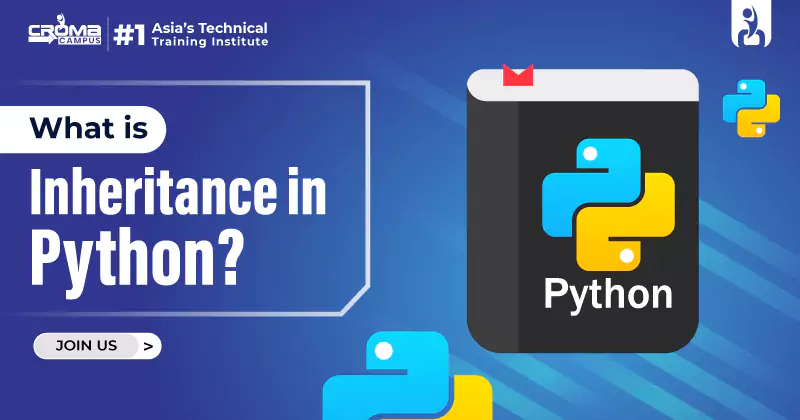
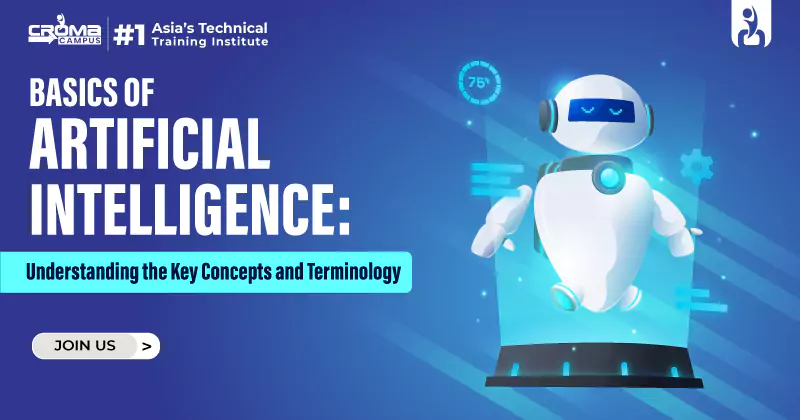
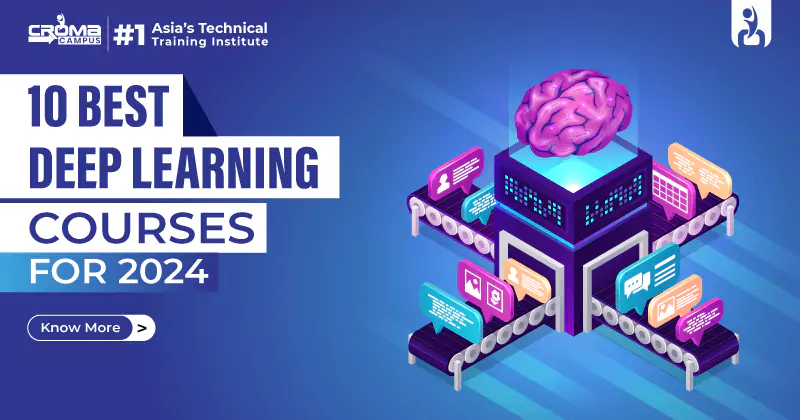
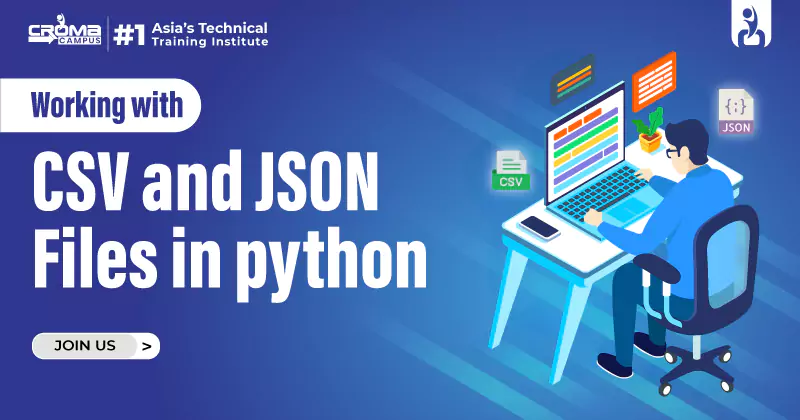

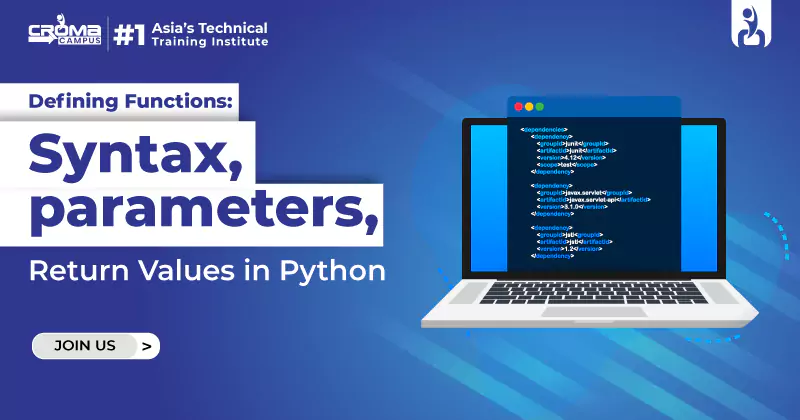
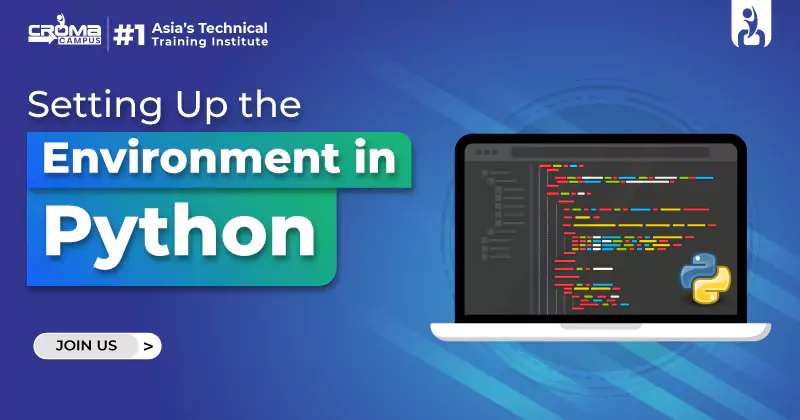
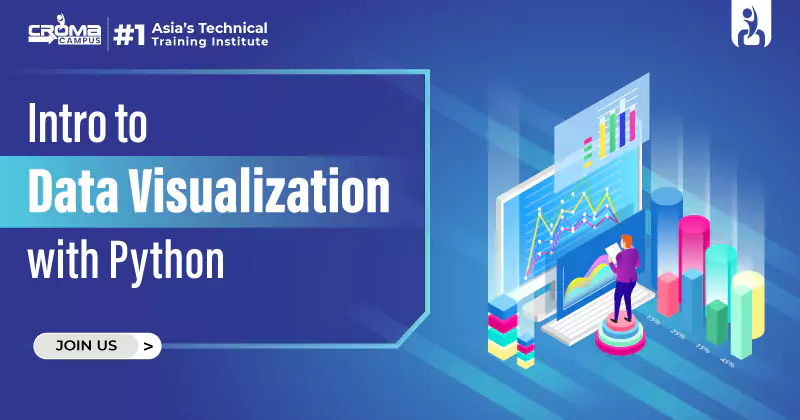
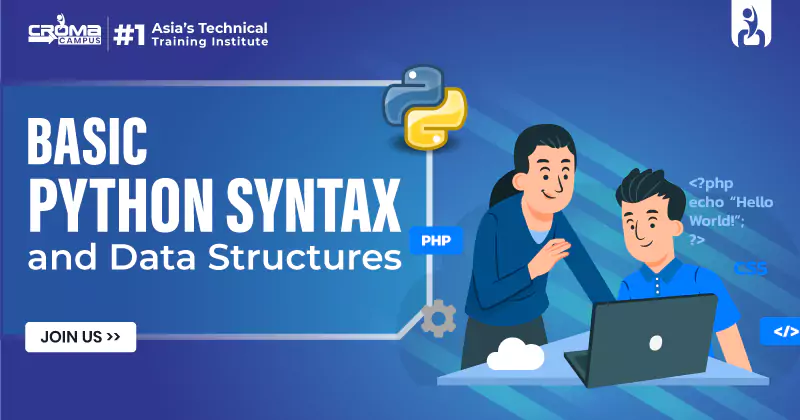
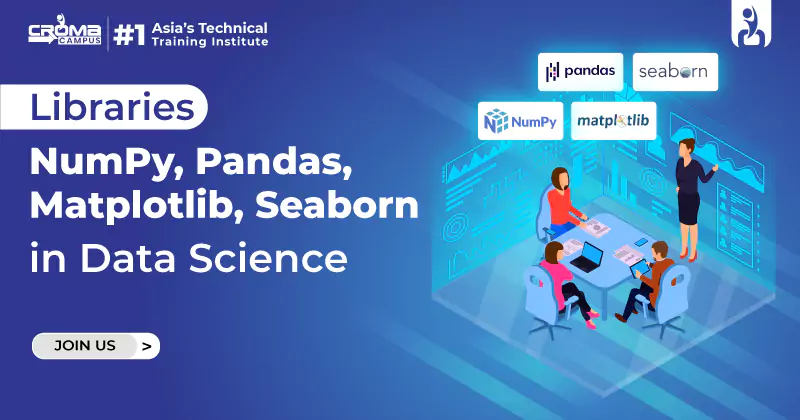
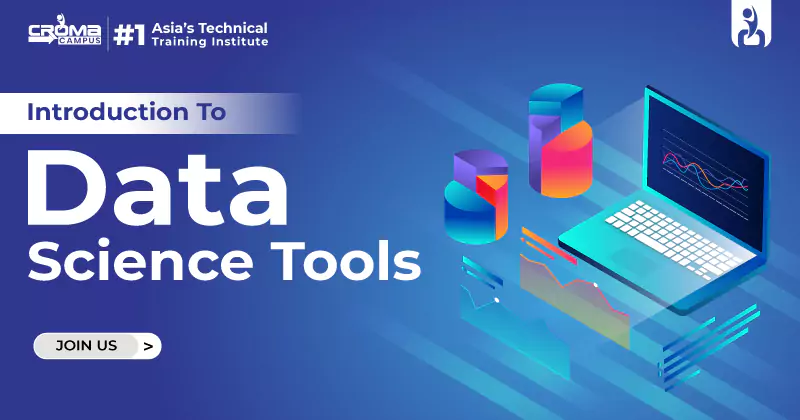









 Master in Cloud Computing Training
Master in Cloud Computing Training